AFL 2024: What AFL CEO Andrew Dillon told club presidents as Max Gawn, Ross Lyon, Sam Mitchell weigh in
Andrew Dillon called an urgent meeting with club presidents on Thursday to explain the AFL’s drugs policy and what the next steps were. JON RALPH unpacks what he told presidents.
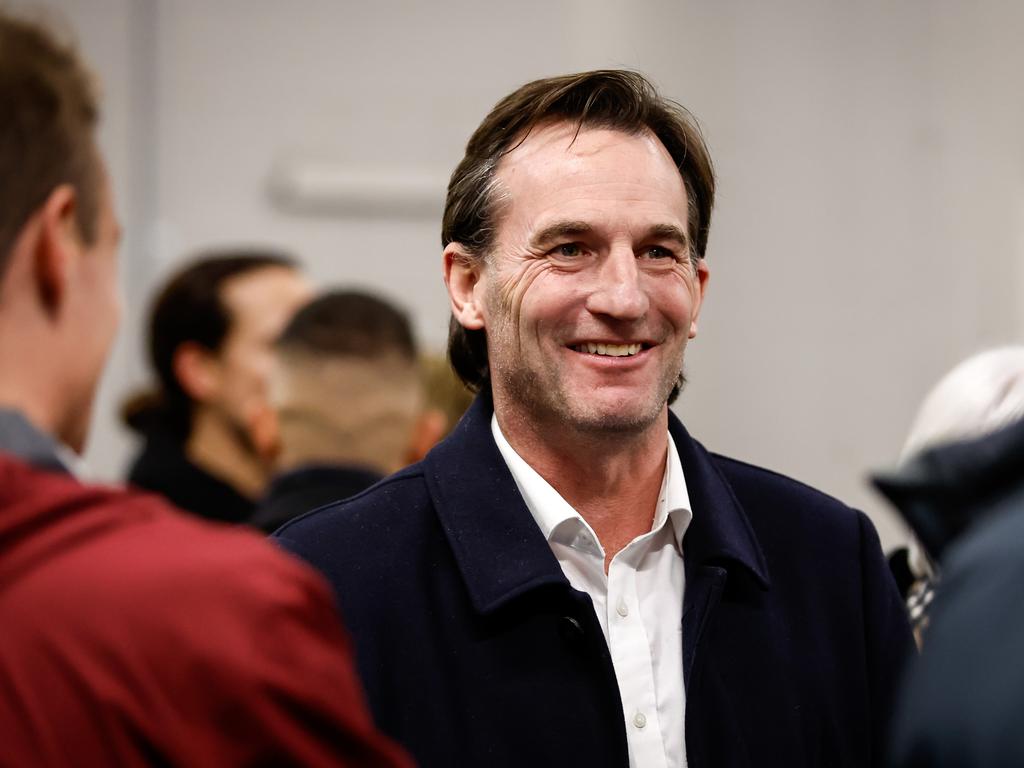
AFL chief executive Andrew Dillon has told the league’s 18 chief executives a newly structured illicit drugs code will not be a more punitive model as he defended the league’s dual drug codes on Thursday.
Dillon told the executives in an afternoon telephone hook-up that the actions taken by doctors to remove players with drugs in their system from AFL games were strongly endorsed by medical experts.
He said it would be negligent of the AFL to knowingly allow players with drugs in their system to present on game day for a potential positive WADA test.
He said the decision to ensure no players had drugs in their system on match day not only safeguarded the health of players but prevented possible bans.
Dillon said it was a view shared by the head of Australian sports integrity, David Sharp.
This masthead reported on Thursday as many as 100 players could be in the AFL’s medical model.
But Dillon told the bosses he believed the number was far less.
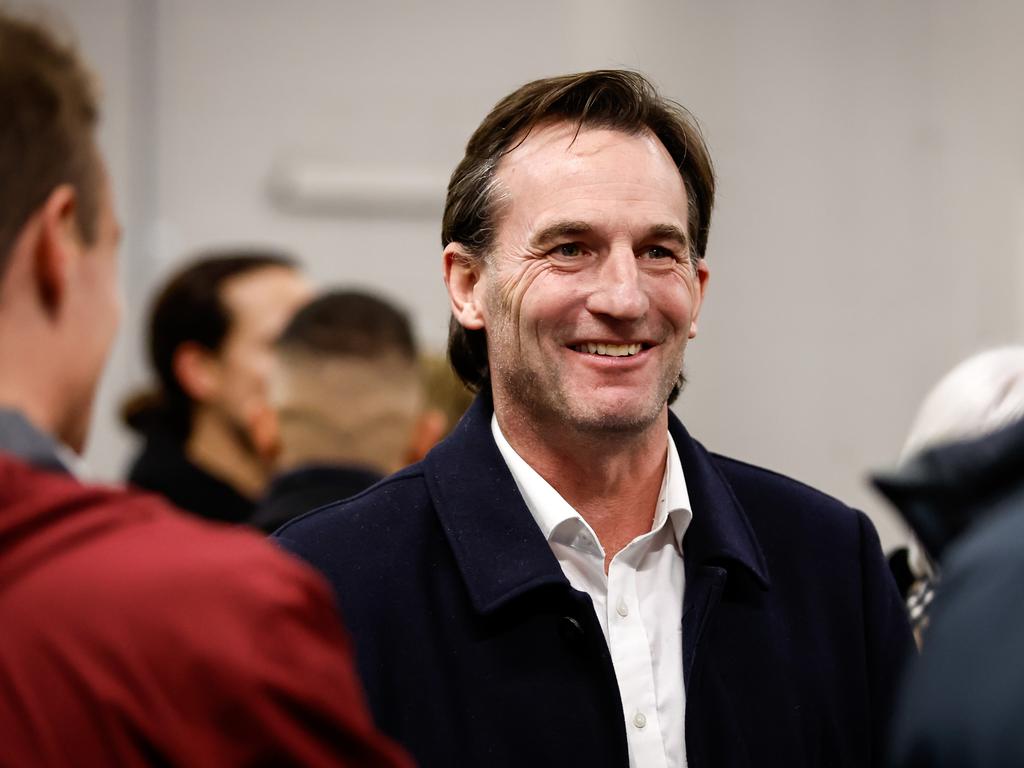
And he said only a handful of players each year – less than five – were removed from AFL games by their club doctors after failing a club-arranged test.
He said the ability to remove players from play had always been part of the illicit drugs framework, making clear that most of those tests were done on a Monday or Tuesday.
Critically, Dillon made clear the policy is less than perfect and will undergo changes under the current review, with a new policy likely to kick in for next season.
Former Collingwood president Eddie McGuire had foreshadowed a change to a more punitive model that could see players facing heavier sanctions for first strikes.
But Dillon made clear the policy would remain a medical model based on reducing substance abuse and drug-related harms.
He told the club bosses the system over 19 years had helped multiple players change their behaviour, arguing it was far better than no AFL policy.
McGuire told Nine on Wednesday he believed there was AFLPA support for a code with earlier and more significant penalties.
“We know it is part of society, but there is a simple line on this. It is not compulsory to play football, but it is compulsory to play football drug free.”
“This is where it is dangerous. You get rubbed out for four weeks if someone takes a photo of you (with an illicit substance), you get nothing if you self-report, you get four years if you report on match day … it is all over the place.
“The opportunity to blackmail a player … you are dealing with organised crime if you take drugs. You leave yourself wide open. Far better for a player to get (a penalty of) six weeks and face mum and dad for taking drugs than to have to face someone else …”
ANGRY GAWN WANTS TOUGHER FIRST STRIKE POLICY
Melbourne captain Max Gawn believes there should be a greater penalty for players who receive a first strike under the AFL’s illicit drugs policy to deter use.
Following bombshell revelations that club doctors had been undertaking drug tests on players in the lead up to matches, with the potential to pull any players who test positive out of matches and training, Gawn said he hadn’t dug into the AFL’s policy because “it is not in my circles”.
The AFL was unapologetic on Wednesday about doctors testing players, after allegations were first made by federal MP Andrew Wilkie that included signed statements from ex-Melbourne club doctor Zeeshan Arain.
Under the current three-strike policy – which is being looked at by the AFL, the AFLPA and AFL Doctor’s Association – if a player receives one strike for failing a drug test, only the club doctor and player know within the club.
They are also hit with a $5000 fine and undergo counselling and targeted drugs testing.
Should a player self-report, they do not receive a strike.
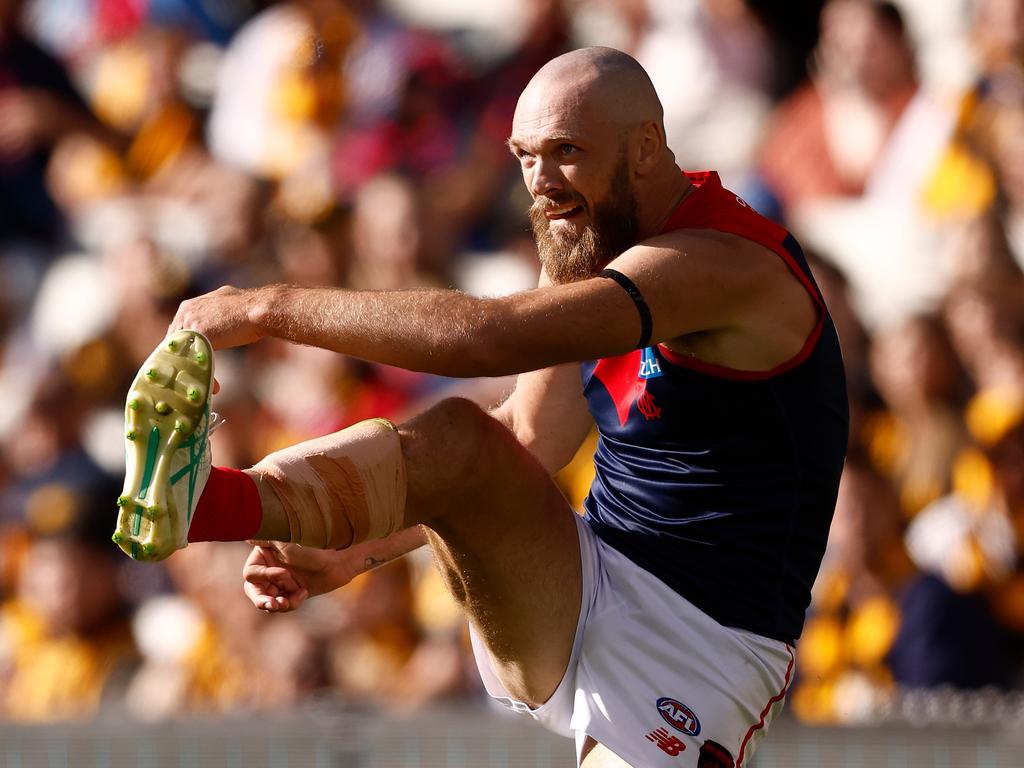
On a second strike, the player is named publicly and receives a four-game ban, and a third strike leads to a 12-match suspension.
Initially players were not named publicly until a third strike, but that was altered in 2016.
“The deterrent is not there or it is fading,” Gawn said on Triple M.
“So something needs to be bigger potentially on the first strike.”
Gawn said he was initially “taken aback, surprised and almost slightly angry” about the allegations before reading through the drugs policy and falling into support for the confidential nature between doctor and player.
“I think that is a great thing about our policy, that we are there to help rather than scapegoat,” he said.
“I get there might be people taking the piss within this but if we are catching the majority to help … (the policy) has holes galore but we are catching people along the way and being able to rehabilitate them. I like that.”
Gawn said he “just can’t see” a player being pulled out of a game at Melbourne with a fake injury after failing a drugs test.
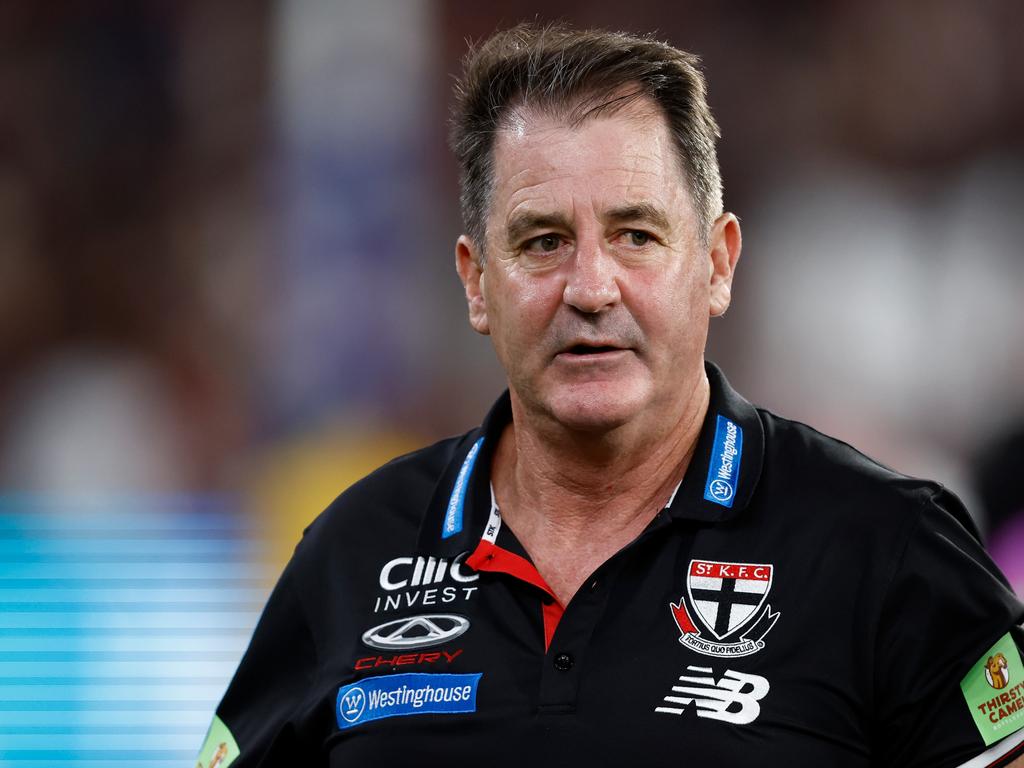
Meanwhile, St Kilda coach Ross Lyon has backed the AFL in for not apologising about players undergoing illicit drug tests and potentially being pulled out of matches but he would like numbers on whether the league’s drug policy is working.
The 331-game veteran coach said the drug policy – which is being revisited by the AFL, AFLPA and AFL Doctors Association – had “the right intentions” but “doesn’t seem to have been perfect”.
Doctors have been clear they don’t want to change the confidential nature of the policy, which has led to the possibility of players being pulled out of matches under false excuses such as injury or illness if they test positive to drugs during the week.
Lyon said players could “easily walk away” from the volunteer policy if it led to more penalties for drug taking, given under the current three-strike rules only the club doctor knows if a player registers a first strike.
Should the player self-report, they do not receive a strike.
Lyon said he would like to see statistics to prove the policy has worked since it was brought in in 2005.
“The only piece would be statistically whatever’s occurring, probably everyone would like to know … these are the numbers and this is the success or failure of the program,” he said.
“That’s something that would probably put us all at ease, to be fair. It’s not as opaque then. That could help inform us to whether we support it or not.
“I’ve got absolute faith in the high-level doctors who take control of it within each club and their professionalism, their ethics and their care for players.”
Lyon confirmed as coach he had “no visibility or line of sight” on secret drug testing and he hadn’t raised eyebrows about any players being pulled out of matches.
SENATOR: IT GOES TO THE HEART OF THE AFL’S REPUTATION
Victorian Liberal Senator James Paterson said the series of allegations against the AFL were serious.
“It goes to the heart of their reputation as a clean and ethical and lawful sport,” Senator Paterson said.
“What is the point of a three strikes policy if it’s got a get out of jail free clause? And the AFL really needs to front up and make some explanations today about what has happened, about why they permitted this.
“It sounds to me like it’s a three strikes rule unless you’re a star player and that’s a scandal, a major scandal.”
Nationals leader David Littleproud said the AFL had an integrity issue.
Mr Littleproud said AFL clubs had a duty of care to players and needed to be transparent.
“They need to make sure they take (this) very seriously because these players are the role models of a lot of young Australians and it’s important they protect the brand,” Mr Littleproud said.
“The AFL has a brilliant brand in our country, and I respect … what Andrew Wilkie has done.
“He should hand the information, if it is as damning as he says, over to Sports Integrity Australia who are the authority that should be investigating any wrongdoing.”
Greens sport spokesperson Penny Allman-Payne said people should expect better of the organisation behind the game we love.
“What is shocking is the alleged cover-up from the AFL – of efforts to hide testing and mislead people about why stars are off the field,” Senator Allman-Payne said.
“The government’s refusal to allow the tabling of documents suggests that the culture of secrecy extends beyond the field and into our major parties.
“The Prime Minister must explain why so many of his MPs voted to keep this potentially explosive evidence about dodgy behaviour in sports secret.
“Across the country, Labor governments are still committed to locking up people who consume illicit drugs, instead of treating it like the health issue it is – but if they’re a professional footballer, they get backed by an ALP protection racket.”
Former federal sport minister and Victorian Nationals Senator Bridget McKenzie said: “As the minister who developed Sport Integrity Australia, our elite AFL athletes are role models for young boys and girls across the country, and as such their behaviour on and off the field matters”.
“The AFL clubs should not be complicit in covering up recreational drug use,” she said.
“You can’t pick and choose what sort of behaviour you turn a blind eye to.”
MITCHELL: WHY COACHES NEED TO KNOW ABOUT TESTS
Hawthorn coach Sam Mitchell believes senior coaches should be privy to information about players within the league’s illicit drugs policy after bombshell revelations that players had been drug tested with the option of pulling out of matches.
Coaches across the AFL have pleaded innocence since it was revealed that players can be tested by club doctors for illicit substances and removed from games that weekend if the results are positive, by using false excuses like injury or illness.
Mitchell said on Thursday that that practice was “certainly not something that I had any clue about” but coaches should be let in to know more about if a player had been failing drug tests.
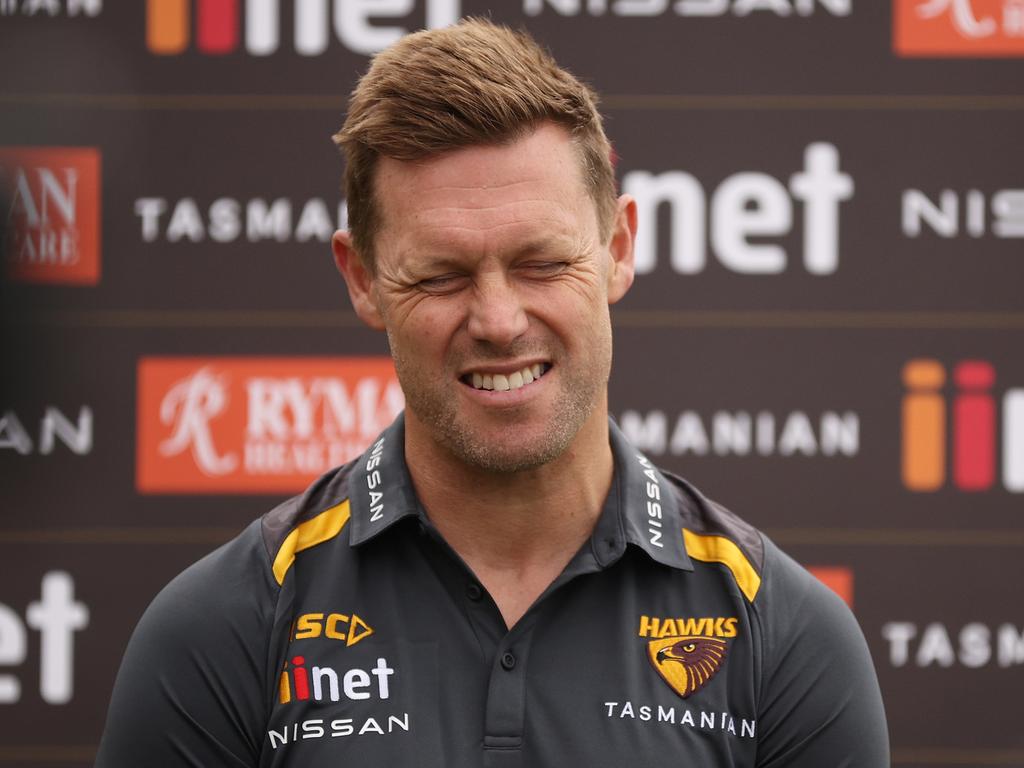
Currently, doctors keep player details private and coaches, or other people within the club, are not told if they test positive to substances.
Even if a player receives a strike under the league’s three-strike policy, that doesn’t become common knowledge to their club or any potential clubs looking to trade for that player.
Some have suggested knowledge about players taking drugs passing to coaches or other football department members could lead to a breakdown in relationships, but Mitchell said club leaders would help player welfare if they knew the truth.
“I’m certainly far from an expert in the area but I know that in the position I am in you are really trying to make the best chances for your players to be the best they can be,” he said.
“If you have the information that you think will help you make the best for them, that is really a big part of your job as a senior coach.
“Whatever information you have and we need to make the player the best they can be not just as players but people as well, I think that is pretty important.
“I think the people that are in charge of your wellbeing and your welfare should know about your wellbeing and your welfare.”
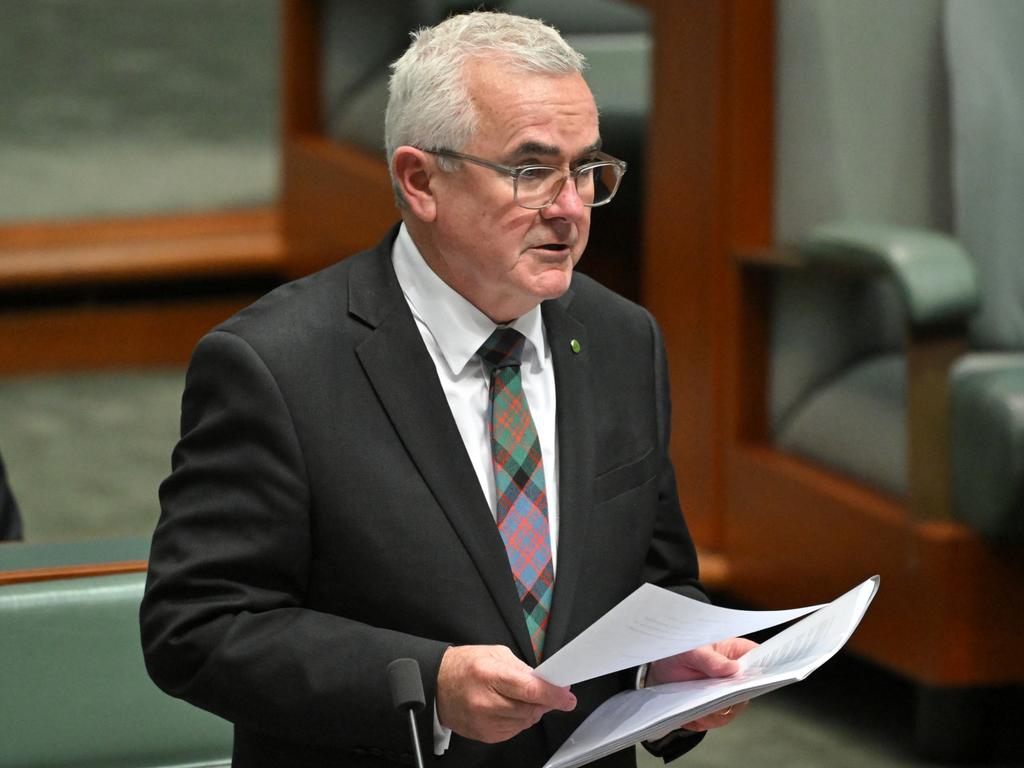
Mitchell said the practice of drug tested was “not something that was in my world” during his glittering 329-game playing career, of which 13 seasons came after the AFL illicit drugs policy was enacted in 2005.
The coach said that the revelations about players being potentially removed from games under false excuses could cast a cloud over any player who was pulled out of a match late in the week.
“We are not in a position where we would strategically pull someone out of a team late to try and get an advantage … and that is something that I hadn’t considered up to this point and that is now going to be looked upon differently,” he said.
“I don’t know how this will play out, which is why I am glad the AFL is having a look into this and they are trying to improve the process.”
Carlton coach Michael Voss on Thursday said he was surprised by what had played out over the past two days and wanted action but had never considered players faking an injury.
“In terms of any doubt on player availability, I have never had that,” he said.
“I sit well and truly in the same basket: We’re all really surprised and somewhat disappointed with where it currently lies.
“Now it’s up to the AFL and the AFLPA to review what that looks like and what the best steps are moving forward for us … it has been a little surprising how it’s all unfolded.”
Both the AFL and the AFLPA have committed to a review of the illicit drugs policy to find something league boss Andrew Dillon said was “fit for purpose for 2024 and beyond”.
More Coverage
Originally published as AFL 2024: What AFL CEO Andrew Dillon told club presidents as Max Gawn, Ross Lyon, Sam Mitchell weigh in




